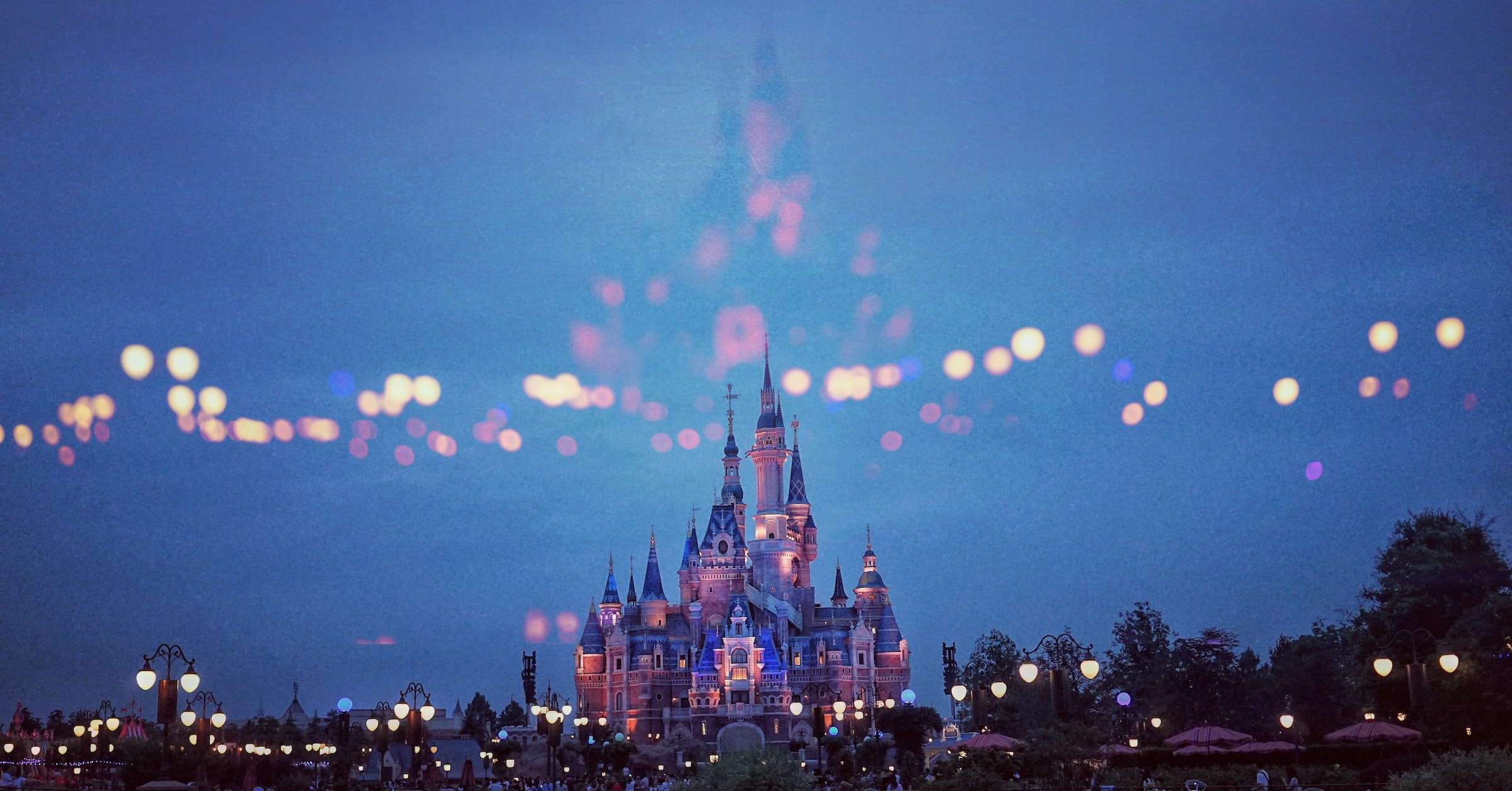
After turning ten last November, Film Writer Ellie Duncan argues that Tangled is more applicable than ever before
Tangled may now be over a decade old having turned ten in November, but it has stood the test of time. It’s a heart warming film, loosely based on the Rapunzel fairy tale. We follow Rapunzel as she escapes from Mother Gothel with the help of Flynn Ryder, who she has blackmailed into helping her see the lanterns released on her birthday each year. It explores themes which resonated with me as a young teenager: finding yourself, stepping out of your comfort zone, and choosing to do the right thing. But Tangled hits differently today – especially in the midst of a global pandemic.
As a Disney musical, Tangled is just as enjoyable in 2020 as it was in 2010. First and foremost, it’s a gorgeous film. The animation still looks fantastic, with a beautiful colour palette and world design which matches the tone of the film well. The visual style is sweet and colourful for the most part, with darker moments reflecting the low moments of Rapunzel’s journey. The songs are also great; they’re fun and catchy, and I still get ‘Mother Knows Best’ in my head all the time! The scene which best encapsulates both of these elements is the lantern scene. The sight of hundreds of lanterns floating into the night sky is beautiful, and ‘I See the Light’ is probably the most romantic duet in the Disney canon.
Unrealistic beauty standards are still the norm in so many of the films that children grow up watching
There are definitely aspects of the film which stand out more today than they did when I watched it as a young teenager. Rapunzel’s character design is one of these. She encapsulates a number of beauty standards which, watching today, I can see are obviously unhealthy. Her figure is an over-exaggerated version of a body type which few girls have. A tiny waist, long neck, dainty facial figures and enormous eyes have been the staple of Disney princess design for decades, and Rapunzel is no exception. Films like Moana have challenged these design tropes, but unrealistic beauty standards are still the norm in so many of the films that children grow up watching, for both men and women.
In another sense, Rapunzel is not a traditional Disney princess, in that she doesn’t fit neatly into stereotypical gender roles. She saves Flynn as often as he saves her. True, he rescues her from the tower – but reluctantly, and only once she has forced him to do so. And it’s often her kindness and determination which save them, such as when they befriend the tavern-goers in ‘I’ve Got a Dream.’ Rapunzel looks like a stereotypical Disney princess but she’s also a force to be reckoned with.
Tangled does a great job inintroducing children to the concept of emotional abuse
The part of the film which I appreciated most when watching the film back was its portrayal of gaslighting. Mother Gothel’s abuse of Rapunzel was obvious when I was younger, but I don’t think I fully appreciated what they were doing with her character. Mother Gothel has manipulated Rapunzel into believing that the outside world is too dangerous for her, so that she will never leave the tower. But she only cares about Rapunzel’s hair, the only part of Rapunzel she ever kisses or compliments. She lies to her constantly and tells Rapunzel she’s confused or being naïve if she’s ever called out on it – ‘Mother Knows Best’ is the epitome of this. Rapunzel is therefore entirely dependent on her. Everything she knows about the world is through Mother Gothel, who has her believing that she’s the only one Rapunzel can trust. Tangled does a great job in introducing children to the concept of emotional abuse. Ten years later, the most relatable aspect of the film has to be Rapunzel’s longing to leave her tower. Covid-19 has had us stuck inside most of the year, bored out of our minds, wondering when this is all going to end. ‘When Will My Life Begin?’ is undeniably the lockdown anthem.
Rapunzel has grown bored of all her pastimes much in the same way that baking sourdough bread or trying to learn watercolour lost their appeal during lockdown 1.0. The analogy is made even more appropriate when you realise that she lives in a kingdom called ‘Corona’. Rapunzel’s family reunion at the end of the movie is even more poignant, then, as we all miss friends and family who we haven’t been able to hug or even see in months. And yet, it is true that Rapunzel is being kept inside under false pretences, while we know that staying inside actually is the right thing to be doing right now.
Even so, Rapunzel’s journey is a hopeful message of a joy and reunions which lie ahead of us, once life starts to return to normal. And while we wait for that to happen, Tangled is a fun, cosy film to watch, and one which is just as enjoyable for adults as it is for children.
Comments